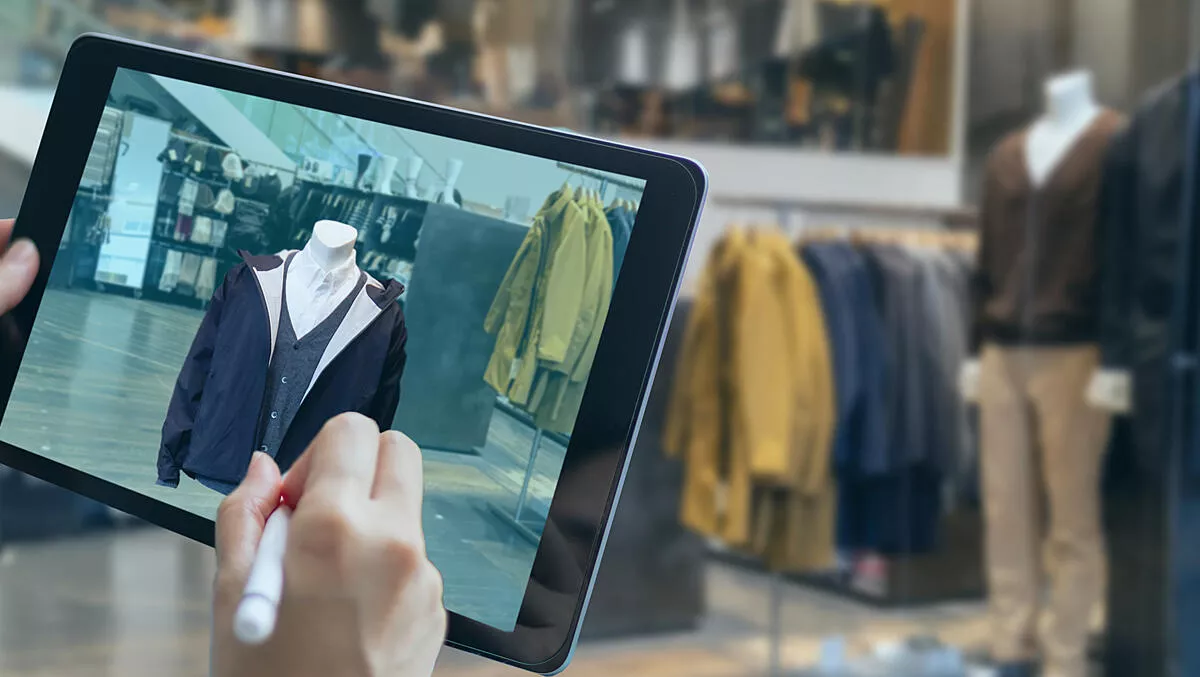
Asia Pacific retailers understand retail's 'intelligent' future, but fail to act
Retailers across Asia Pacific realise that the future of retail is 'intelligent', but the majority have not started their AI journeys – a delay that is costing them competitive benefits in the fast-mving retail sector.
A recent study from Microsoft Asia, titled Future Ready Business: Assessing Asia-Pacific's Retail Sector with AI, found that 71% of retail decision-makers believe AI is an important part of their company's success over the next three years, however 67% of polled organisations are yet to begin their AI journeys.
While retailers in the region prioritize transforming the customer experience and leveraging data for operational efficiency and insights, many currently lack the infrastructure and capabilities to successfully implement AI to achieve business growth.
Those that have embraced AI, such as Coles in Australia and Harvey Norman in Singapore, are amongst some of the region's businesses that are experiencing between 16-19% improvement in customer engagement, business intelligence, profit margins, competitiveness and innovation.
"Upended by a US$1.5 trillion eCommerce market, retailers in the region must quickly adapt to savvy, connected consumers that generate a trail of digital and omnichannel footprints that can be analyzed," comments Microsoft Asia's retail and consumer goods regional business lead Raj Raguneethan.
"These footprints are generated from consumers combining channels like mobile, app, in-store and desktop throughout the purchasing process.
Furthermore, the study shows that decision-makers in retail underestimate their workers' intent to reskill, mainly due to a lack of time, a lack of suitable training programs, and money concerns.
Microsoft says it is enabling the intelligent future of retail through technologies such as AI and facial recognition technologies built on Azure.
"To stay competitive, a shift to intelligent retail is required to add ease, convenience, customization and automation – across business processes and operations, customer experiences, and the very products and services offered," says Raguneethan. "This can be done by turning to cloud and AI tools as the underlying, connective tissue for digitization and business transformation.
IDC Asia Pacific retail insights research director Stephanie Krishnan adds that retail in Asia Pacific is in the process of being 're-imagined'.
"Through the research commissioned with Microsoft, we see how, across sectors, the convergence of the physical and digital worlds brings the opportunity for data to be responsibly and intelligently utilized with AI. The retail sector continues to show promise in the new year. Facilitating investments in AI-enabling capabilities and infrastructure will be necessary for retailers to unlock the full potential of their operations and employees - and ultimately, future-proof their businesses.
Key insights include:
- 71% of decision-makers in Asia Pacific believe AI is instrumental to their organizations competitiveness over the next three years, but only 33% have embarked on their AI journeys, putting retail behind other industry sectors
- Retail organizations in Asia-Pacific that have adopted AI are already seeing improvements of 16% to 19% in customer engagement, business intelligence, profit margins, competitiveness, and innovation
- By 2021, organizations expect AI to drive further improvements of at least 2.1 times between 37% to 44% in the above areas
- While retailers in Asia-Pacific prioritize customer experience and leveraging data for operational efficiency, many currently lack the infrastructure and capabilities to successfully implement AI to achieve business growth
- The top AI adoption challenges for retailers in Asia-Pacific are skills, leadership commitment, and knowledge on how to manage AI solutions
- Decision-makers underestimate their workers intent to reskill 31% of business leaders felt that it will be too challenging for their workers to develop new skills, but only 20% agreed.


